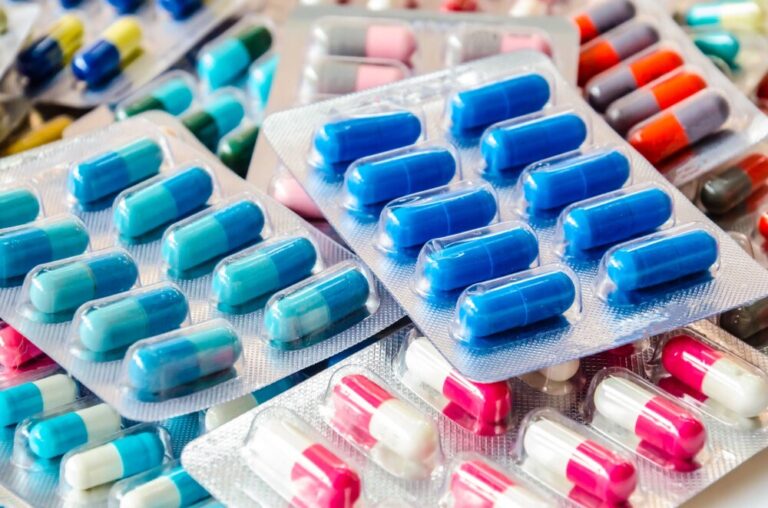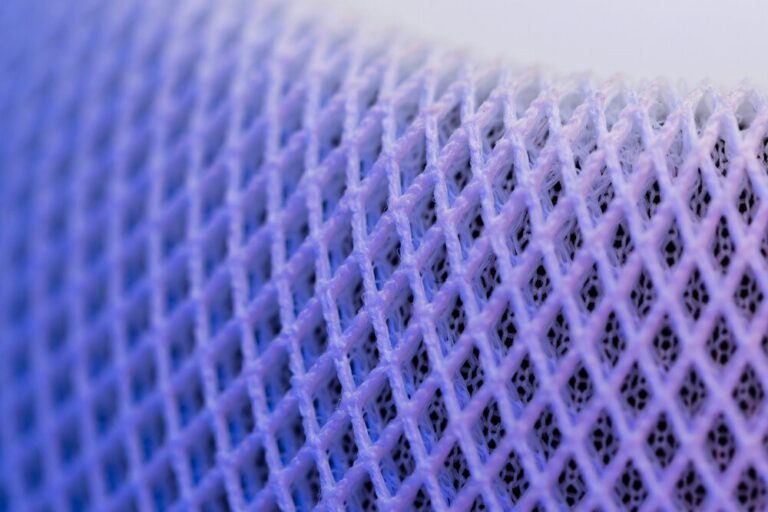Researchers at Kansas State University (KSU), United States, are developing a nanotechnology-based biosensor that could allow for early detection of both cancer cells and pathogens, leading to increased food safety and reduced health risks. According to Jun Li, an associate professor of chemistry, “Nanotechnology is a very exciting area. It really provides an opportunity to solve problems for health care and food safety. It can also be helpful for the environment and energy issues.” The new biosensors use carbon nanofibers to form an array of tiny electrodes even smaller than bacteria and viruses. The microbial particles are captured at the electrode surface, causing an electric signal. Lateef Syed, a doctoral student in chemistry in Hyderabad, India, who is developing the sensor with Li, said, “A goal is to integrate this technology into a hand-held electronic device for pathogen detection so that we can use this device for in-line monitoring of water quality or food quality at industrial processing sites. We have some preliminary results that indicate this technology is feasible, and I’m quite happy about that.” The article can be viewed online at the link below.
http://www.k-state.edu/media/newsreleases/mar11/biosensor32911.html




